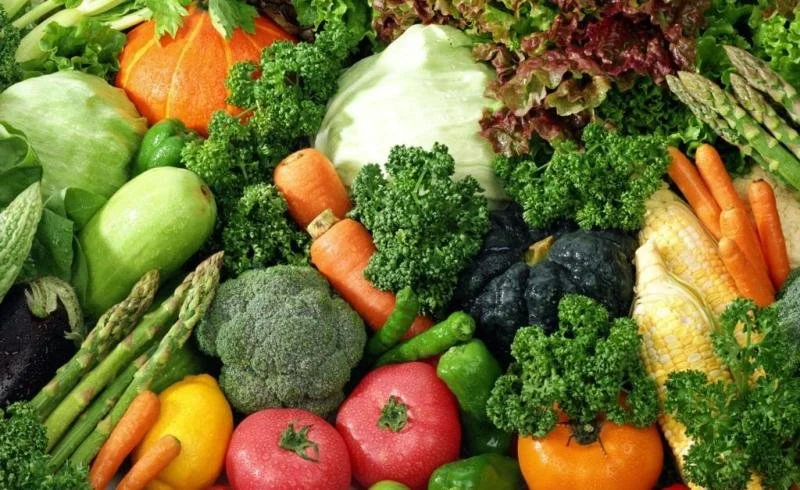Fiber benefits
Fiber
Fiber has a lots of health benefits:
A high fiber diet is crucial in maintaining our health.
Fiber is plant roughage. It is found mostly in fruits and vegetables, legumes and whole grains.
It comes in 2 forms: soluble and insoluble fiber. Both have a huge role in our diet.
Soluble fiber helps reduce cholesterol and blood sugar, while insoluble fiber helps maintain a healthy digestive system, making you feel full, also aiding in weight loss.
More Fiber benefits:
Aids in weight management and weight loss: Fiber is filling, with little calories. Soluble fiber swells when it comes into contact with fluids in the stomach, it creates a feeling of fullness and satiety. Stomach fullness delays the release of an appetite-stimulating hormone called ghrelin, so you won’t feel hungry as fast as you would without the fiber intake.
It keeps your digestive tract healthy. Acts like a sponge by attracting fluids and prevents constipation.
Heart health: fiber attracts wastes and cholesterol and helps carry them out of the body, soluble fiber helps lower blood levels of the "bad" cholesterol, called low-density lipoprotein, or LDL that can build up in the arteries and lead to atherosclerosis, which is a narrowing and hardening of the arteries that blocks blood flow to the heart and other parts of the body, and it can eventually lead to heart attack, stroke and heart disease.
Reduces risk of insulin resistance and diabetes: Soluble fiber slows the digestion and absorption of sugars into the bloodstream, stabilizing blood sugar levels, which may help to lower blood glucose, lowering the risk of developing diabetes.
A high fiber diet helps fight certain illnesses by removing the extra hormones from the body, it also helps passing harmful products from your body through your digestive system, making it toxin-free.
Heartburn can be reduced with high fiber diet and healthy food choices
Best sources of high fiber foods:
Legumes: Black beans, Lima beans, Navy beans, Pinto beans, Kidney beans, Lentils, Chickpeas
Grains: Oats, quinoa, Barley, Millet, Buckwheat
Fruits: Dried figs, Prunes, Pears, Dates, Oranges, Apricots, Nectarines, Raspberries, Coconut, Passion fruit
Vegetables: Avocado, Brussels sprouts, Sweet potato, Asparagus, Turnips, Broccoli, Carrots, Edamame, Squash
Nuts and seeds: Almonds, Sesame seeds, Flaxseeds, Sunflower seeds
Dark chocolate
How much fiber do we need to keep our body healthy?
The modern Western diet contains an average amount of 10 - 15 g/day, which is way too low and has negative health effects.
Have at least 25 g/day on average, but aim for 40 g/day for increased health benefits, weight management.
How much fiber do you get on a daily basis? Are you helping your body stay healthy and maintaining a healthy weight?
**Disclaimer: For informational purposes only. All opinions expressed are my own personal thoughts, based on my personal research as a Healthy lifestyle coach. Use it at your own discretion.

